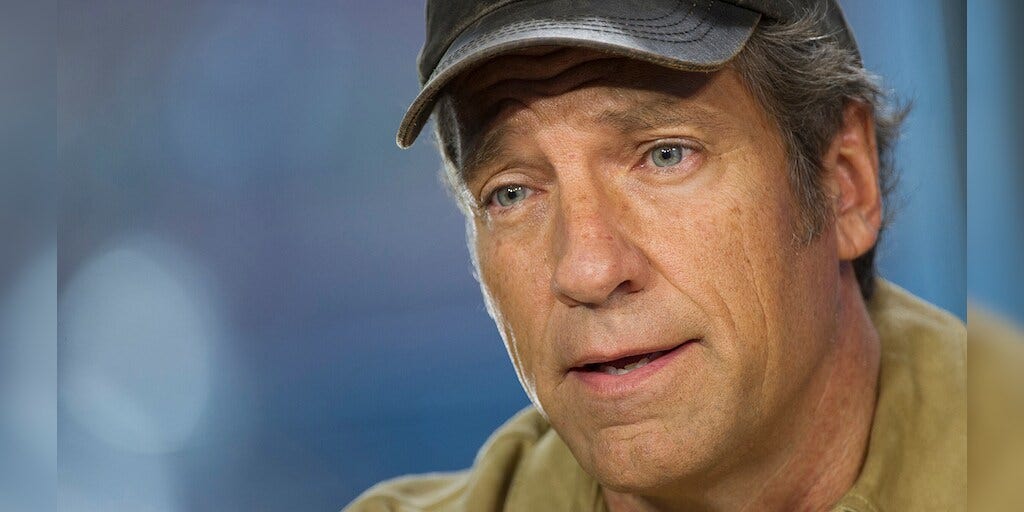He and others spoke to Eline Joseph, who works for the International Organization for Migration (IOM) in Port-au-Prince with a team which provides psychosocial support to people who have fled their homes because of the violence and insecurity.
She spoke to UN News about her working life and supporting her family.
“I have to say it has become more difficult to do my job as I am unable to move about freely and provide care to displaced people, especially those who are located in red zones, which are too dangerous to visit.
Daily life continues on the streets of Port au Prince, despite the insecurity.
The insecurity in Haiti is unprecedented – extreme violence, attacks by armed gangs, kidnappings. Nobody is safe. Everyone is at risk of becoming a victim. The situation can change from minute to minute, so we have to remain vigilant at all times.
Loss of identity
Recently, I met a community of farmers who were forced, due to gang activity, to leave their very fertile land on the hills outside Petionville [a neighbourhood in the southeast of Port-au-Prince] where they grew vegetables.
One of the leaders told me how they have lost their way of life, how they could no longer breath the fresh mountain air and live off the fruits of their labour. They are now living in a site for displaced people with people they do not know, with little access to water and proper sanitation and the same food every day.
He told me that he is not the person that he once was, that he has lost his identity, which he said was all he possessed in the world. He said he no longer amounts to anything.
I have heard some desperate stories from men who have been forced to witness the rape of their wives and daughters, some of whom were infected with HIV. These men could do nothing to protect their families, and many feel responsible for what happened. One man said that he felt worthless and was having suicidal thoughts.

Workers from a local UN NGO partner, UCCEDH, assess the needs of displaced people in downtown Port-au-Prince.
I have listened to children who wait for their fathers to come home, dreading that they may have been shot dead.
Psychological support
Working on the IOM team, we provide the psychological first-aid for people in distress, including one-to-one and group sessions. We also make sure they are in a safe place.
We offer relaxation sessions and recreational activities to help people unwind. Our approach is people-centred. We take into account their experience and introduce elements of Haitian culture, including proverbs and dances.
I have also organized counselling for older people. One woman came up to me after a session to thank me, saying that this was the first time she had been given the opportunity to put into words the pain and suffering she was experiencing.
Family life
I also have to think of my own family. I am forced to raise my children within the four walls of my home. I can’t even take them out for a walk, just to breathe fresh air.
When I have to leave the house for shopping or work, my five-year-old daughter looks me in the eyes and makes me promise that I will return home safe and sound. This makes me very sad.
My 10-year-old son told me one day, that if the president, who was murdered in his home, is not safe, then no-one is. And when he says that and tells me that he has heard that the bodies of murdered people are being left on the streets, I don’t really have an answer for him.
At home, we try and have a normal life. My children practice their musical instruments. Sometimes we will have a picnic on the veranda or have a movie or karaoke night.
With all my heart, I dream that Haiti will once again be a safe and stable country. I dream that displaced people can return to their homes. I dream that farmers can return to their fields.”





